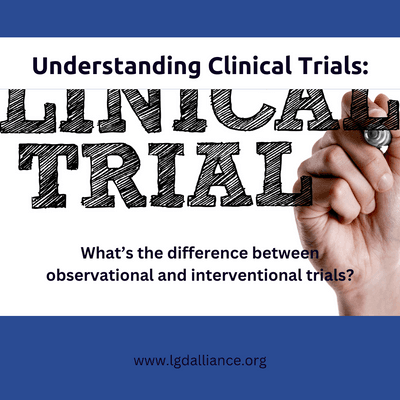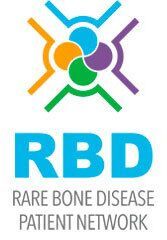
In the realm of medical advancements, clinical trials stand as pillars of progress, offering hope and solutions to patients facing challenging health conditions. This blog post aims to shed light on the significance of clinical trials, particularly for individuals with lymphatic anomalies (CLAs). We'll explore what clinical trials entail, the two main types, reasons for CLA patients to get involved, and an exclusive opportunity for participation in ongoing studies.
What is a Clinical Trial?
At its core, a clinical trial is a research study designed to investigate the safety and effectiveness of treatments in real-world scenarios. These studies are essential in shaping the future of medical care, and for individuals with CLAs, they present a beacon of hope for innovative solutions.
Types of Clinical Trials:
1. Interventional Trials:
Participants are assigned specific treatments for evaluation.
Randomized trials involve the random assignment of participants to different treatment groups, including a placebo group for comparison.
2. Observational Trials:
Health outcomes are observed in pre-defined groups without the researcher assigning specific interventions.
These studies often identify risk factors and behaviors in groups of individuals.
Why Should CLA Patients Get Involved?
Participating in clinical trials is not only an act of courage but a powerful contribution to medical advancements. Here are compelling reasons for CLA patients to consider getting involved:
- Active Role in Care: Empower yourself by actively participating in your healthcare journey.
- Access to Potential Treatments: Gain early access to cutting-edge treatments before they become widely available.
- Expert Medical Care: Receive top-notch medical care from leading healthcare facilities, often at no cost.
- Contribution to Research: Play a vital role in advancing medical research, paving the way for improved treatments for current and future generations.
Current Patient Survey and Study:
As a beacon of opportunity, the Lymphangiomatosis & Gorham's Disease Alliance (LGDA) presents an exclusive chance for CLA members to participate in ongoing studies:
- Prospective Natural History Study of Lymphatic Anomalies: Learn more about the study and check eligibility criteria on the LGDA website.
- Oral Side Effects Associated with Lymphatic Disorders: Participate in a short survey to contribute valuable insights. Details are available on the LGDA website.
How to Participate:
To become a part of these groundbreaking studies, visit 'Clinical Trials' and follow the provided instructions. It's an opportunity to be a driving force in research and make a meaningful impact on the understanding and treatment of lymphatic anomalies.
Conclusion:
Clinical trials are not merely experiments; they are pathways to progress and hope. For CLA patients, participation in these trials is a chance to be at the forefront of medical breakthroughs. Embrace the opportunity, be an active participant in your healthcare, and contribute to shaping a brighter future for individuals facing lymphatic anomalies.










